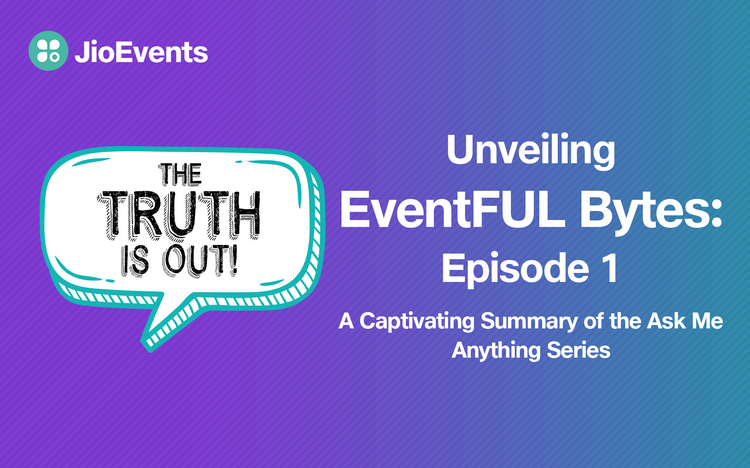Best Practices for a Seamless and Engaging Events Experience

As the trend of virtual events continues to surge, it's vital to elevate the quality of your online gathering by delivering an interactive, informative, and seamless experience for your audience.
Here are some best practices to follow when conducting a virtual event:
- Choose the right platform: Selecting the right platform is critical to the success of your virtual event. Consider factors such as the size of your audience, the type of content you'll be sharing, and the level of interactivity required. Do your research and test different platforms to find the one that best suits your needs.
- Promote your event creatively: With so many virtual events happening, it's important to stand out from the crowd. Get creative with your promotion by creating engaging videos, social media campaigns, and other marketing materials. Use targeted advertising to reach your desired audience.
- Test your technology thoroughly: Technical glitches can quickly derail your virtual event, so it's important to test your equipment and software thoroughly. Conduct a full-scale rehearsal to iron out any issues and ensure everything is working smoothly.
- Create an engaging experience: Plan an event that is not only informative but also fun and engaging for attendees. Incorporate interactive activities such as virtual games, networking sessions, and live entertainment to keep attendees interested and involved.
- Encourage participation: Foster an interactive environment by encouraging attendees to participate actively. Use chat features to facilitate discussion and encourage attendees to ask questions and provide feedback.
- Use high-quality visuals: Make sure your visuals are high-quality and visually appealing. Use a mix of videos, images, and animations to convey information and keep attendees engaged.
- Optimize your timing: Choose a time that works well for your audience and consider time zone differences. Avoid scheduling events during holidays or other important events that could compete for attendees' attention.
- Follow up effectively: After the event, follow up with attendees to thank them for participating and share any relevant resources. Gather feedback to improve future events and consider offering incentives for attendees to return.
In the age of virtual events, delivering a high-quality, engaging experience is essential to making your event a success. By following the best practices discussed above, you can ensure that your virtual event is informative, engaging, and runs smoothly for all attendees. From selecting the right platform to fostering an interactive environment, every detail matters when it comes to creating a memorable virtual event. With a little planning and creativity, you can elevate your virtual events and make them just as impactful as in-person events. By incorporating these tips into your planning process, you'll be well on your way to hosting an outstanding virtual event that leaves attendees satisfied and eager for more.



